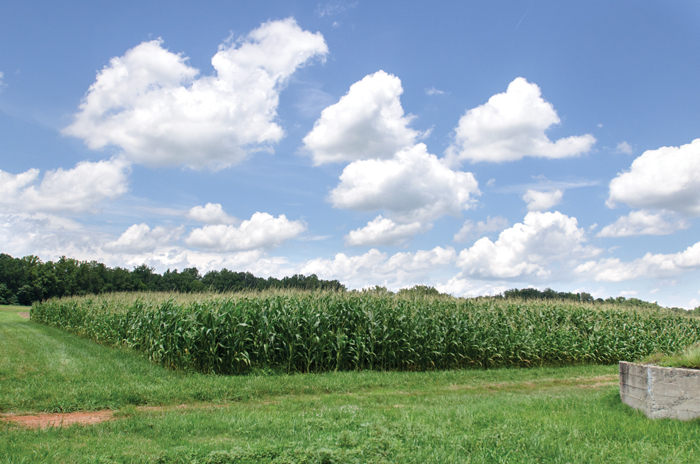Tom Campbell: Here’s one thing that would help rural NC
Published 11:11 pm Wednesday, April 11, 2018

- Rural areas may get waivers for Medicaid work requirements in some states.
If you could wave a magic wand and make one change that would provide the greatest benefit to rural North Carolina what would it be? I’ve been intrigued by that question ever since it was first posed during a panel discussion on rural issues.
I thank the many readers, who gave some very valuable answers to that question, but will defer to Patrick Woodie, CEO of The North Carolina Rural Center. Woodie has just completed a tour of all 80 rural counties in our state, meeting people and viewing conditions. Woodie says if he could only choose one thing, his top priority would be the completion of last-mile broadband internet in rural counties. Our state has done a commendable job of completing middle-mile broadband to libraries, schools, hospitals and some state agencies, but hasn’t finished the job.
Why is this so important and why hasn’t it been completed? The internet is no longer a luxury but almost a necessity. With a scarcity of healthcare providers, especially in mental health, telemedicine is essential to make sure rural areas get proper healthcare. There are some hard-to-fill disciplines in our schools; the internet can put a master teacher in every classroom. Our students need internet access to complete homework assignments and do research without hanging around outside closed libraries or coffee shops, too frequently happens.
No business can function well without the ability to contact customers, market their products and make purchases. And even though it is often competition to local merchants, internet access is a must-have for today’s consumers to shop, learn and be entertained. If we have any hopes of people moving into or even remaining in rural North Carolina, access to broadband internet is essential.
The reason broadband isn’t universally available is economic. Most existing Internet Service Providers (ISPs) are for-profit ventures. Laying fiber optic cable is expensive in densely populated communities and cost-prohibitive in rural areas where, by definition, there are fewer than 250 people per square mile.
In accomplishing last-mile broadband availability to all areas, we need to be creative, collaborative and cost-effective. Each county’s solution will be a bit different, some involving private for-profit enterprises, but others having a mixture of for-profit, non-profit and philanthropic organizations.
No one technology will be right for every area, so a mixture of fiber, fixed wireless and other technologies will be required. The ultimate test will be whether the service is affordable — $50 to $75 per month is the upper limit rural customers will pay for broadband.
This is working in our state. In Northwestern Carolina, Skyline telephone, a co-op, provides broadband for rural areas of Alleghany, Ashe and Watauga counties, using a combination of landline and fixed wireless broadcast signals. East Carolina Broadband, a private group, provides ISP service using grain silos and other tall structures to broadcast fixed wireless signals. Rural electric co-ops are considering offering service and the City of Wilson’s Greenlight project has worked very well, even though larger ISPs don’t like the competition.
We cannot tackle all rural issues at once, but providing last-mile broadband service is a goal we can and should pledge to complete for the wellbeing of all people.
Tom Campbell is former assistant state treasurer and is creator/host of NC SPIN, a weekly statewide television discussion of NC issues that airs on UNC-TV main channel Fridays at 7:30pm, Sundays 12:30pm and UNC North Carolina Channel Fridays at 10:00pm, Saturdays at 4:00pm and Sundays at 10:00am.
Contact him at www.ncspin.com.

